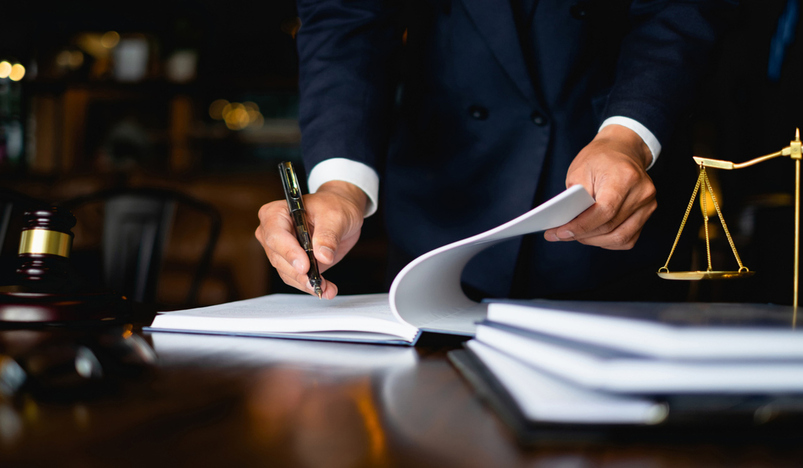
Injury Lawsuit
Imagine getting hurt because someone else didn't act the right way. In law, this is called negligence, and it can change everything in a lawsuit. To win, you need to prove it.
It's not about showing your injury; there's much more to it. Knowing how negligence works can make your case stronger, whether you're hurt or helping someone else. Read on to learn the key elements of negligence that can help you win your case.
Understanding Negligence
Negligence in legal contexts refers to a person's failure to exercise reasonable caution, resulting in harm to someone else. To establish negligence, four key components must be proven. Firstly, the plaintiff must demonstrate that the defendant had a legal responsibility to act with care—for instance, a driver's duty to adhere to traffic regulations.
Next, it must be proven that the defendant’s failure to meet their duty directly caused the harm, and that such harm was a reasonably predictable consequence of their actions. This causal link is essential—without it, the defendant cannot be held liable, even if they were careless. Medical reports, expert testimony, and accident reconstructions often help establish this connection.
Finally, there must be tangible damages—physical, emotional, or financial—to back the claim for compensation. These damages can include medical expenses, lost wages, pain and suffering, or property loss. Courts require concrete proof of these losses to award compensation. Each of these elements is crucial in building a strong case for personal injury, and missing even one can result in a failed claim.
Steps to Proving Negligence
Once you understand the key elements of negligence, the next step is to follow a clear process to prove it. Start by gathering all the necessary evidence, such as photos of the scene, medical records, and witness statements. Reliable documentation will strengthen your claim and help establish negligence.
Consulting with legal professionals is also an important step. Experienced personal injury lawyers can help you navigate the legal system, negotiate settlements, and present your case in court. Their expertise will ensure that your argument is clear and backed by the law.
If negotiations don't work out, you may need to file a lawsuit. This formal process involves presenting your case to a judge or jury, who will decide the outcome. By being prepared and staying focused, you'll increase your chances of success and protect your rights throughout the legal process.
By being prepared and staying focused, you'll increase your chances of success and protect your rights throughout the legal process. Remember, negligence cases can be complex, but with the right strategy and legal support, you can build a compelling case to secure fair compensation.
The Role of Personal Injury Legal Support
Handling a personal injury case can feel overwhelming, but having a lawyer on your side can make all the difference. They'll break down complicated legal terms and guide you through every step with confidence. An experienced attorney will also catch important details, like local laws on negligence, that you might miss.
With the right legal help, negotiating with insurance companies becomes much easier, giving you a stronger chance at success. The right lawyer will help you build a solid case and fight for the compensation you deserve. For more guidance, visit https://stevedimopoulos.com/.
Get the Help You Need to Win Your Case
Proving negligence is a detailed process that takes time, proof, and legal knowledge. By understanding the key points and following the right steps, you can boost your chances of winning your case. Don't try to go through it alone-hiring, a personal injury lawyer can make all the difference. Take control of your future today and get the support you deserve.
Want to learn more? Check out our blog for more helpful tips!
.jpg)
Qatar Secures Place Among the World's Top 10 Wealthiest Nations
.jpg)
Hamad International Airport Witnesses Record Increase in Passenger Traffic

Saudi Arabia: Any visa holder can now perform Umrah

What are Qatar's Labour Laws on Annual Leave?
Leave a comment